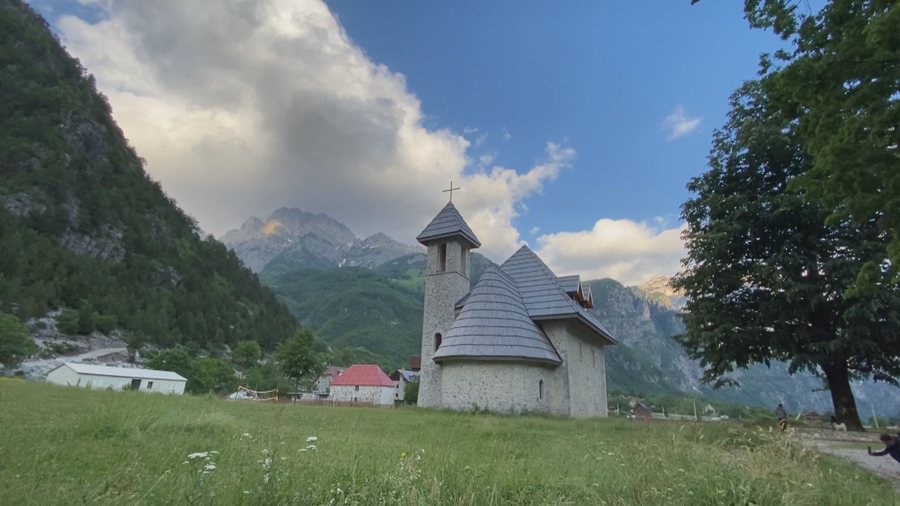
Abolition of property and infrastructure taxes along with exemption from Value Added Tax and Income Tax for a period of 10 years. This is the formula through which the government will try to entice citizens to invest in agritourism in Albania.
"The mountain package is a draft law that aims to develop mountainous areas. The goal is of course multiple. Of course, it is to promote these areas that will be declared development priorities. But not only that. It is also to diversify the tourism portfolio in Albania, which is currently limited to 4-5 months and mainly in coastal areas," said Deputy Minister Duma.
Albania is the third largest diaspora in the world. 1.7 million citizens live and work mainly in Italy, Greece, the United States, Germany, Canada, the United Kingdom and Belgium.
However, every bad thing has a positive side. Some of them are expected to bring back the money they saved while emigrating to invest in their homeland.
"One of the main goals is to attract foreign investment. In this case from the diaspora. Not only that. The goal is also to absorb the good experiences that the diaspora has in the countries where they live and work. Many of them are successful entrepreneurs in the country where they work and live," adds Duma.
But how will an area be defined that will be given to investors for the symbolic price of "1 euro"? What conditions must it meet and is the entire territory of the country affected by the draft law?
"Let's say that it is not a universal law for all mountainous areas. The law only affects areas with development priorities that are determined by the Minister of State for Local Government through requests received and argued by municipalities that have mountainous areas under their administration," says the deputy minister.
Priority for investments through the "Mountain Package" will be given to those individuals who already use these areas. Those who have been using them for more than 10 years can purchase these properties for the symbolic price of "1 euro".
The Ministry of Agriculture and Rural Development, meanwhile, plans to increase the number of agritourism establishments in the country from the current 250 to 1,000 by 2030 as a result of investments in mountainous areas. (A2 Televizion)











